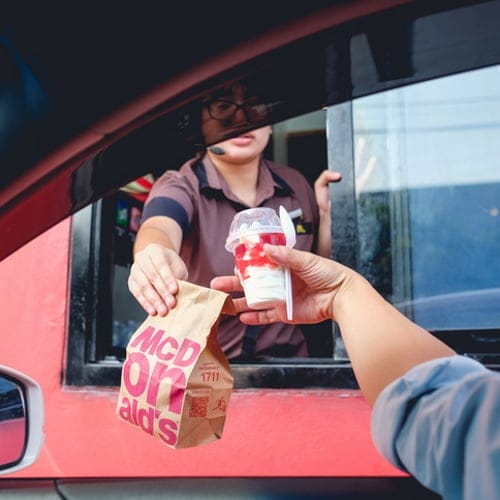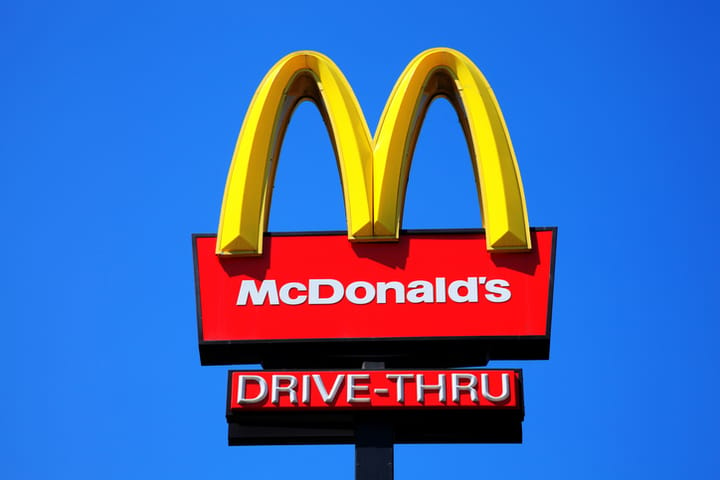I know I’m not alone when I say that I love McDonald’s ice cream, shakes, and McFlurries. I also know I’m not alone when I say I’m friggin’ sick of how often the damn machines break and how long they stay broken for. It seems ridiculous that one of the richest multinational corporations in the world can’t have a steady flow of soft serve and related treats, but McDonald’s locations everywhere have struggled with this issue. Thankfully, we seem to be on our way to finding a solution because the company behind the machines has now been hit with a restraining order.
- Wait, how can an ice cream machine get a restraining order against a company? It’s pretty simple. Basically, Taylor, the company that makes the machines, previously had a monopoly on the repairs, meaning unless they were the ones to fix it, McDonald’s was SOL and would just have a broken machine. The problem was so big that someone actually built a bot to track of all 14,000 of the machines across the US. The fact that Taylor wanted to basically prevent McDonald’s from having working machines to ensure they kept all the repair work cash is nuts, hence the restraining order.
- An independent company tried to come up with a solution. Kytch made a device that helps McDonald’s franchise owners know when a machine is going to screw up so that they can fix any potential issues before they cause a complete breakdown. Taylor, of course, wasn’t all that happy with the fact that the machines weren’t breaking down as frequently and tried to claim that Kytch’s devices could cause “serious human injury” which is blatantly untrue.
- Taylor has been vehemently working against Kytch. So much so that in addition to making false claims about the safety of their devices, Taylor even got a hold of a Kytch Solution Device themselves so they could learn its secrets and reverse-engineer against it to make it ineffective and ensure the breakages happen more often, thereby giving them more business.
- Kytch had no choice but to file a restraining order against Taylor. Taylor’s COO did admit that they bought a device “in order to evaluate and assess its potential technology-related impacts upon our Soft Serve Machine – such as whether the radio frequency of the Kytch device would interfere with our software signal, or whether the Kytch device would drain the power source of our software and/or cause it malfunction.” However, they refused to admit that they were looking for trade secret information even though they clearly were. Taylor has even started working on its own version of Kytch’s device. Funny, that!
- A judge granted Kytch’s request for a temporary restraining order. As part of the arrangement, Taylor has to turn over all of its Kytch Solution Devices within 24 hours. As per the court document obtained by Vice: “Defendants must not use, copy, disclose, or otherwise make available in any way information, including formula, pattern, compilation, program, device, method, technique, or process obtained by any of them.”
- Kytch is hopeful that the tide is turning on ugly monopolies like this in business. “We are optimistic that the truth will prevail,” said Kytch co-founder Melissa Nelson. “It’s disgusting that such lengths were taken to steal our trade secrets, destroy our business, and to stand in the way of modernizing kitchens. Kytch is just a small piece of the broader right-to-repair movement. But our case makes clear that it’s past time to end shady business practices that create hundreds of millions of dollars of unnecessary repair fees from ‘certified’ technicians.”
Sounds good to me! Let’s just keep the McFlurries flowing, shall we?




